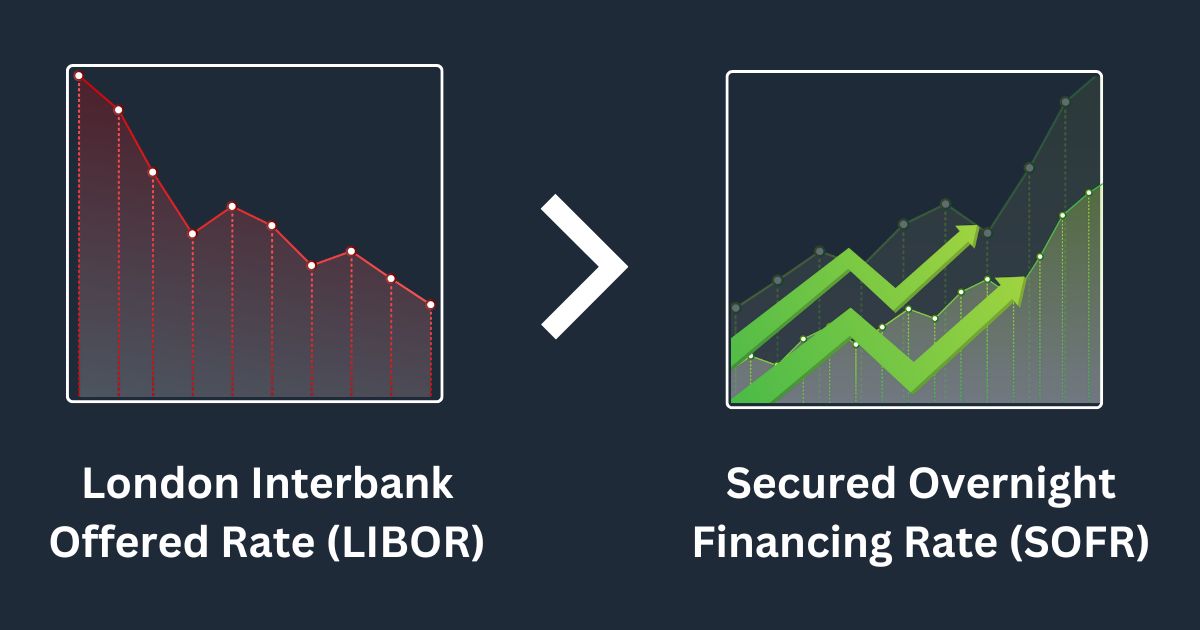In 2024, we can expect to see an increase in partnerships between fintechs and traditional lenders. This is because fintechs often face challenges in obtaining sufficient funds to build their own balance sheets..
Key Highlights
- In recent months, various banks and non-banking financial companies (NBFC) have asked fintech partners to curtail issuing small-ticket personal loan disbursements.
- Due to the Reserve Bank of India’s restrictions on unsecured consumer loans, it is expected that there will be a shift in the product mix towards secured and priority-sector loans.
- Even in the event that certain fintech companies succeed in becoming Non-Banking Financial Companies (NBFCs), they may choose to engage in co-lending agreements as a strategic move to gain access to a larger capital scale.
Recently, numerous banks and non-banking financial companies (NBFCs) have requested their fintech partners to reduce the disbursement of small-ticket personal loans.
Following this trend, Paytm, a leading fintech company, has announced a recalibration of its portfolio origination below INR 50,000. These loans primarily constitute its postpaid loan business.
The company conveyed at an investor meeting in December 2023 that while they will persist with the postpaid service, the growth level may not mirror previous rates. Instead, it is anticipated to be substantially lower than before. However, they assured that this product will remain a part of their offerings.
Moving forward, Paytm will shift its focus towards business loans and high-value personal loans.Numerous fintech companies, primarily those focusing on personal loans, are reevaluating their business strategies in response to the Reserve Bank of India’s regulations.
In addition to this perspective, Bipin Preet Singh – Founder and CEO of MobiKwik – highlighted that the rise of account aggregators will likely encourage collaboration within the industry.
While fintechs largely operated outside the RBI’s radar earlier, the central bank has tightened its watch on the segment in recent years.
With many incidents of borrower harassment coming to light, RBI’s scrutiny on these fintechs has intensified in 2023. In the coming year, these entities will continue to adjust to the changing regulatory environment, say experts.
“Given the escalating regulatory measures, numerous compliance obligations and customer protection mandates have emerged. Balancing these compliances with innovation and growth presents a significant challenge,” states Sugandh Saxena, Chief Executive Officer of the Fintech Association for Consumer Empowerment.
NBFCs Alter Strategy in Response to RBI’s Risk-Weight Mandate for Unsecured Retail Loans

In response to the unprecedented growth in unsecured retail loans and the resulting concerns about rising systemic risk, the Reserve Bank of India has announced an increase in the risk weights on unsecured consumer loans, including credit cards, by 25 percent for both banks and NBFCs.
Aditya Kumar, the Chief Executive Officer at Niro, suggests that there may be a potential redistribution of asset classes as lenders aim to balance growth between unsecured and secured products.
Furthermore, he anticipates a shift towards quality with lenders striving to develop unsecured portfolios in sectors deemed more robust and less leveraged.
Accordingly, outstanding and new consumer credit exposure of commercial banks and retail loans of NBFCs, excluding housing, education and vehicle loans, and loans secured by gold and gold jewellery, will now attract risk weights of 125 percent against the current 100 percent, with immediate effect.
Additionally the Reserve Bank of India (RBI) has encouraged fintechs to obtain NBFC licences and provide loans from their own books.
However, the challenging environment for acquiring equity and debt capital will make it difficult for these entities to make the transition. Furthermore, RBI’s stringent norms for issuing NBFC licences have intensified the challenges for these entities.
As a result, many entities, according to experts, would prefer to continue as lending service providers that source loans for bank and NBFC partners.
















